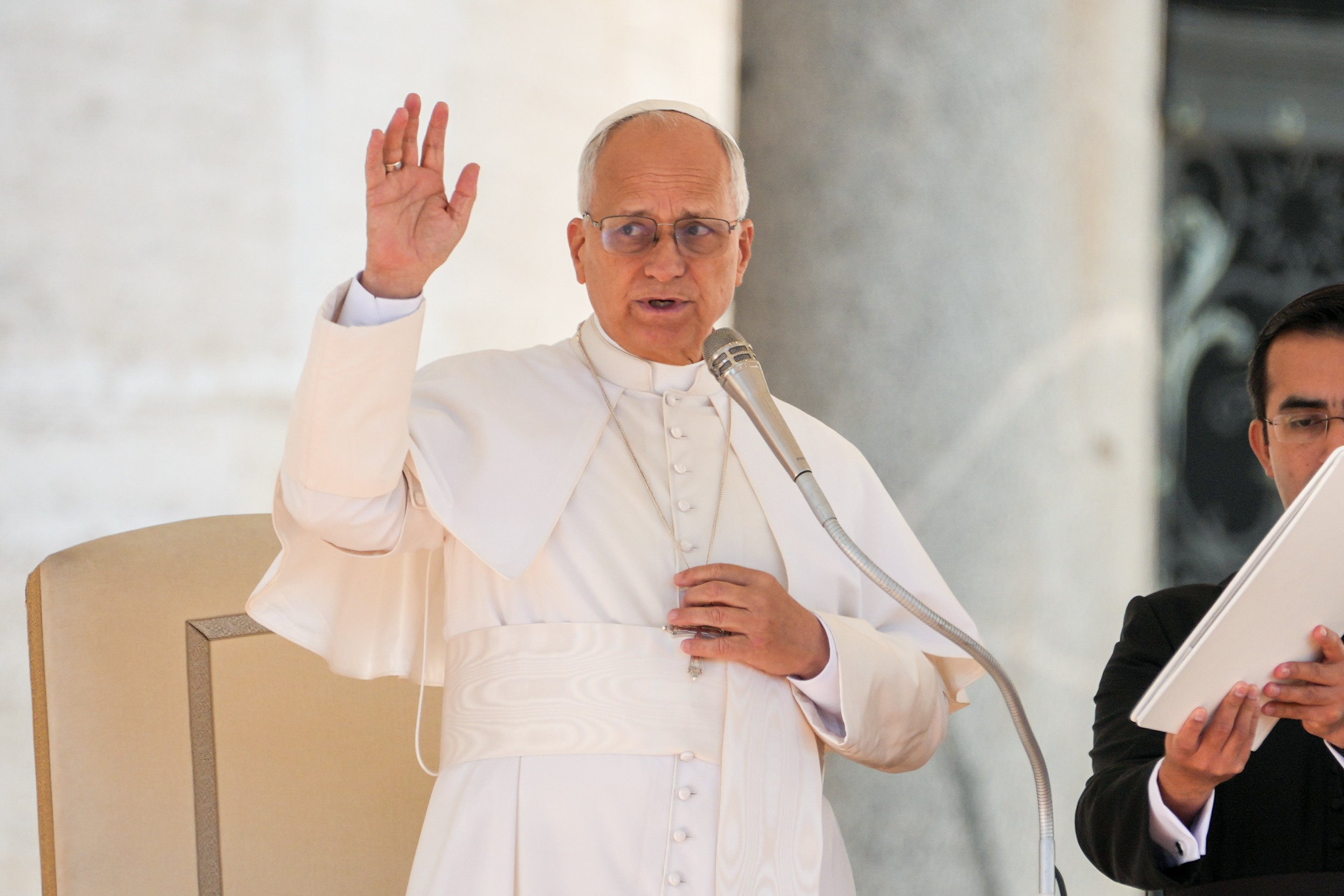April 6, 2018 at 1:53 p.m.
WORD OF FAITH
Holy Spirit, always causing confusion
'They were all together in one place. And suddenly from heaven there came a sound like the rush of a violent wind....Tongues, as of fire, appeared among them...' -- Acts 2:1-2
The axiom, "If you don't use it, you'll lose it," even applies to the Holy Spirit.
It's clear from our Christian Scriptures that Jesus of Nazareth didn't share His Spirit with us just so we could lock Him away in our dogmas and conveniently forget about His presence in our daily lives. The historical Jesus was convinced that those of His followers who were seriously committed to carrying on His ministry would need His Spirit to guarantee they'd be carrying it out as He wanted it to be carried out.
This is certainly presumed in Sunday's three readings.
In our earliest passage, from Paul's first letter to the Corinthians (I Cor 12:3b-7,12-13), the Apostle conveys his belief that the Christian community can't exist as Jesus planned it to exist without the Spirit. The body of Christ can only function as a body when all its members correctly employ the gifts the Spirit has showered upon them.
More than anything, that Spirit develops and presumes the uniqueness of each person: "To each individual, the manifestation of the Spirit is given for some benefit." In other words, if each Christian isn't given the freedom to develop his or her gifts, the common good of the Christian community will suffer.
Fire, wind, noise
As Luke reminds us in Sunday's Acts (2:1-11) passage, the Spirit's presence notoriously creates confusion and tension. It's no accident he employs fire, wind and noise to accompany the Spirit's Pentecost arrival. If we want peace, quiet and equilibrium in our Christian communities, we don't want the Spirit in those communities.
The Jerusalem crowd initially presumes that those who've received the Spirit have simply been drinking too much. They're not acting like "normal" people act.
Scholars who deal in "quantum theology" have an interesting take on the confusion the Spirit brings. Going beyond just this planet to discover God's presence and activity in the entire universe, quantum theologians constantly remind us that change and evolution only take place in the universe when there are huge upheavals.
If everything proceeds along peaceably, there simply is no change or evolution. It's no accident that we refer to the beginning of creation as the "big bang;" in many ways, the Holy Spirit is the big bang of the Christian community. Without His presence and activity, we'd never be doing what the risen Jesus expects us to do.
We can't biblically expect to be a Spirit-led Church without wind, fire and noise constantly being a part of whatever we accomplish. That's how the universe works, and it's how the Spirit works.
John's version
This brings us to Sunday's Gospel passage (John 20:19-23). John, contradicting Luke, has the Holy Spirit come on the community not on the Jewish feast of Pentecost, but on the Christian feast of Easter.
According to John's theology, Jesus rises from the dead, ascends into heaven (returns) and sends the Holy Spirit, all on the same busy day. Also, unlike Luke, John connects the Holy Spirit in the life of the community with forgiveness of others. He faithfully agrees with other authors of the Christian Scriptures that the Spirit is the essential force helping us carry on Jesus' ministry, but his hooking up the Spirit with forgiveness is unique.
In John's mind, the Spirit is the force who helps us discover how to forgive those who have hurt us.
Quantum theologians probably smile at John's insight. Nothing causes more turmoil in the Christian community than forgiveness. It completely destroys the equilibrium of revenge. We usually know what to expect when someone retaliates for injuries. As Pope Francis often reminds us, forgiveness sends us into uncharted waters. Only the risen Jesus' Spirit can guide us through the uncertainties such unexpected actions bring.[[In-content Ad]]
SOCIAL MEDIA
OSV NEWS
- US bishops celebrate Mass to ‘beg the Holy Spirit to inspire’ their fall assembly
- As deal to end shutdown advances, Catholic groups urge action on health insurance costs
- Texans vote overwhelmingly to enshrine parental rights in state constitution
- Supreme Court declines Kim Davis case seeking to overturn same-sex marriage ruling
- ‘Do you love Jesus more than your political opinion?’: Bishop Tyson says the church faces a test
- Vatican says Swiss Guards investigating alleged antisemitic gesture
- Bishop: Survival of Christian communities in Nigeria depends on security, justice
- Pope asks for extra care when using AI in medicine
- Pope holds long meeting with Belgian abuse survivors
- Delegation of top prelates, lay activists gives Brazil church strong presence at COP30







Comments:
You must login to comment.